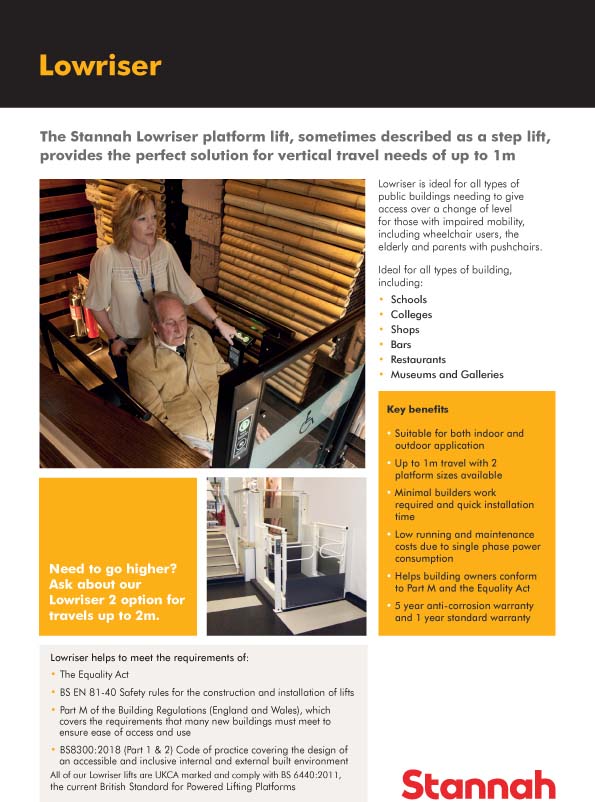Say Jones Lang LaSalle in reaction to The Montague report
London, 23rd August 2012 - Given that Sir Adrian Montague first called for evidence in February, and that a number of radical measures had been trailed, the final report is rather brief and cautious. For example, while it suggests that the planning system make provision for private rented homes, it falls short of proposing a new use class for the sector.
This suggests that parts of the Government are reluctant to move towards stronger measures to promote for the Private Rented Sector, perhaps feeling that it would distort the market or ‘subsidise’ a commercial sector. There may also be a more politically inspired unwillingness to do anything that appears to promote renting at the expense of homeownership, which survey after survey demonstrates is the aspiration of the vast majority.
Nevertheless, there are some excellent suggestions within the report. Given that the Private Rented Sector is now the main place where young people find their home – owner-occupation is a distant dream for most – it is important that the planning system takes more account of the need to provide rented homes. Given the high deposit requirements and, often, high interest rates associated with the current mortgage market, it is even more important that it is recognised that this sector needs to continue to provide a plentiful supply of affordable market housing.
The most important section relates to the suggestion that local authorities use planning conditions or covenants to ensure that a proportion of private rented homes are provided and remain within the sector for a set period of time. This would allow land values and appraisals to be based on the income streams for rent rather than the alternative value as owner-occupied properties. It is also welcome that the report suggests the use of public sector land for kickstarting private rented projects, or the use of a ‘Get Building Britain’-style package of incentives to help this process.
More controversially, the report argues for the scaling back of affordable housing provision on sites where private rented properties are being proposed. This has understandably raised concerns in the Housing Association sector, but it must be recognised that many more new households enter the Private Rented Sector than social or intermediate housing. In a time of constrained public funds, the sector offers an opportunity to provide affordable market homes at volume and without significant public subsidy – and there is no reason why Housing Associations could not be involved.
However, these recommendations are not strongly stated and terms such as ‘encouraged’ and ‘recognise’ are used rather than anything suggesting compulsion. This implies that the Government will not be making more significant moves to bolster the position of the sector, and that it will be up to individual councils to promote it if they choose – perhaps appropriate given the spirit of localism.
Finally, the report states that the Private Rented Sector cannot compete with owner-occupied values for open market sites. This is true in some respects, but the evidence suggests that the sector can drive far higher volumes than the owner-occupied market, particularly in today’s mortgage-starved market. This implies that on large strategic sites, in particular, letting large numbers of properties early on could actually be more profitable than selling them over a much longer period of time, as financing costs would be substantially lower.
The Montague report is undeniably a step forward towards the goal of using institutional finance to drive both house building and the expansion of the Private Rented Sector, but further measures and more concerted action need to be taken if the sector is to flourish and continue to provide affordable homes for so many young households.



















